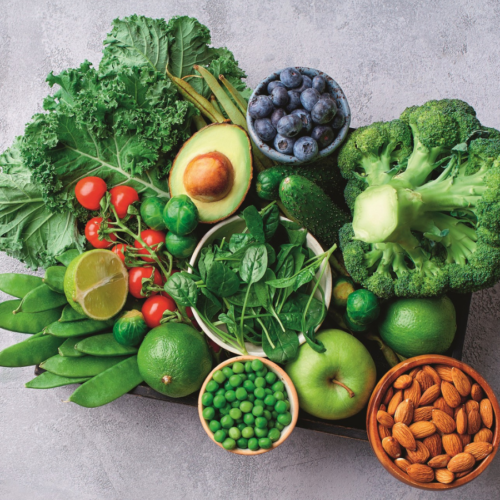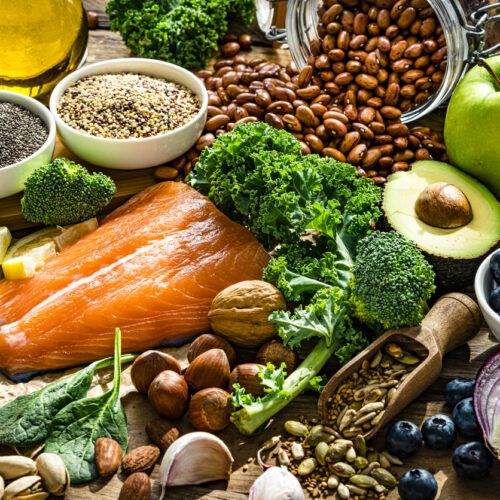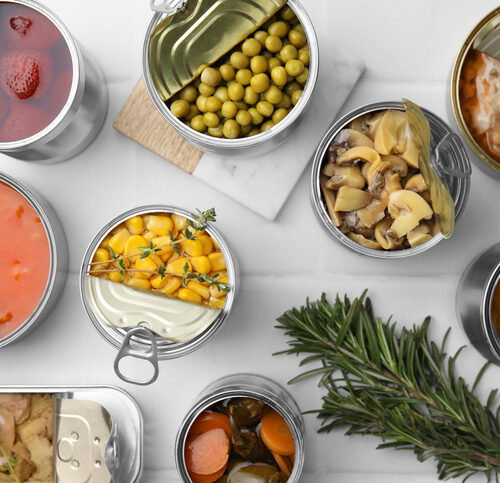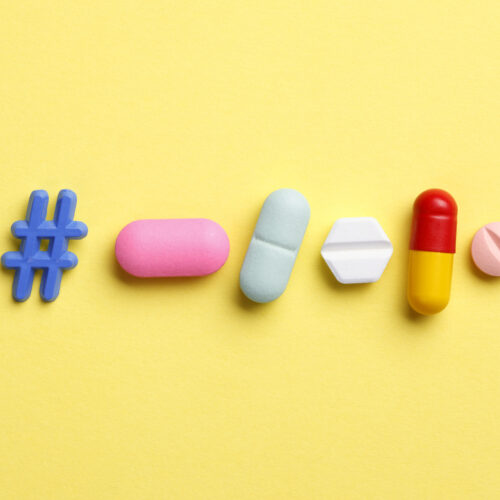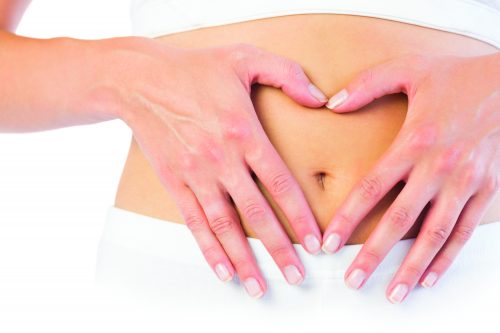
HFG senior nutritionist Rose Carr has advice for those suffering from tummy trouble.
For every human cell in our bodies, we have 100 bacterial cells and the large majority of these live in our colon. This gut microbiota probably affects us a lot more than we realise. Mouse studies have shown that manipulating the gut bacteria can affect mood, intelligence, weight, immune function and more. Many of the human research shows associations — for example, between different profiles of microbiota and obesity — which could turn out to be just interesting or it could mean specific bacteria cause obesity, or vice versa. It’s too early to say. This is an area of emerging science so we have a lot more to learn. However, we do know that changing our diet does alter our microbiota.
If we have tummy troubles, we know something isn’t right. So it’s safe to say that looking after our gut through healthy eating certainly won’t do us any harm, and it may do us a world of good!
Help! I’ve had a tummy bug and my gut feels really grumbly. What can I do to get things back in balance? Are there foods I should add to my diet?
Promoting good bacteria at any time begins with a healthy diet based on real, whole, nutritious foods. Then add fermented foods, as these contain probiotics to feed our healthy bacteria. Fermented foods include yoghurt made from milk with a starter culture, sauerkraut or kimchi (fermented vegetables based mainly on cabbage), miso (made from fermented soy beans, rice or barley), and kefir or kombucha (grain-fed water or milk made into a drink). We also need plenty of different types of fibre, including resistant starch which is found in legumes such as lentils and chickpeas, whole grains and firm bananas and cold cooked starches such as in a potato or pasta.
I’ve taken a course of antibiotics recently. Would a probiotic help me?
Taking probiotics during and after a course of antibiotics is likely to help restore the balance of bacteria in the gut and studies have found that taking probiotics is linked to reduced antibiotic-associated diarrhoea. In the past, it was advised we wait until after a course of antibiotics before taking probiotics but these days it’s thought taking them at the same time is helpful, too. More research is needed before we can say which probiotic species are associated with the best outcomes when using specific antibiotics. Remember to always complete a course of antibiotics even if you feel better earlier: don’t risk using them and then allowing the bacterial infection to grow back because some of the bacteria causing the infection survived.
Since a bout of gastroenteritis / food poisoning recently, I don’t seem to be able to tolerate milk. Does this mean I’ve become lactose intolerant? Is there anything I can do?
Lactose is the sugar found in milk and it is broken down by the enzyme lactase, which is produced in the mucus lining (mucosa) of the small intestine. Secondary or acquired lactose intolerance after a bout of gastroenteritis is not uncommon as the mucosa has been damaged. Limited lactase production means the lactose from milk and other dairy is fermenting in the gut rather than being broken down, hence the uncomfortable bloating. The good news is this is usually temporary. Remember, people with lactose intolerance need to minimise lactose in the diet, rather than eliminate it.
See also our feature Getting to know your gut for more.
What is leaky gut syndrome?
The lining of the gut acts as a barrier, allowing certain nutrients to be absorbed into the blood stream while preventing bacteria and undigested food to pass through. Advocates of ‘leaky gut syndrome’ say the gut lining can become inflamed or damaged which causes gaps between cell junctions in the gut lining to expand allowing ‘unpermitted’ molecules into the bloodstream. This is said to cause an increased autoimmune response, which is suggested to lead to numerous health conditions and diseases.
Leaky gut syndrome (LGS) is a proposed diagnosis which has not been officially recognised by the medical profession because of the lack of supporting evidence. Medical Director for the New Zealand Nutrition Foundation, Dr Richard Gearry, says he is yet to see evidence strong enough to support the diagnosis and treatment of LGS.
“If you are experiencing gastrointestinal symptoms, it’s always best to speak to your General Practitioner,” says Dr Gearry. “If more clinical and mechanistic research can provide conclusive evidence of the role of a leaky gut in specific diseases, diagnostic tests and specific treatments could be developed.
Article sources and references
- Hempel S et al. 2012. Probiotics for the prevention and treatment of antibiotic-associated diarrhea: a systematic review and meta-analysis. JAMA 307:1959-69https://www.ncbi.nlm.nih.gov/pubmed/22570464
- Reid G. 2014. Re-programming humans: can microbiome and probiotic research achieve it? International Scientific Association for Probiotics and Prebiotics. www.asapp.net Accessed November 2014https://www.ncbi.nlm.nih.gov/pmc/articles/PMC3996947/
- Scott Gavura S. 2013. I’ve been prescribed an antibiotic. Should I take a probiotic? www.sciencebasedmedicine.orghttps://sciencebasedmedicine.org/
- World Gastroenterology Society. Gut Microbes — Importance in Health and Disease www.wgofoundation.org/2014-resources Accessed November 2014http://www.worldgastroenterology.org/wgo-foundation/wdhd/wdhd-2014/tools-resources
www.healthyfood.com


